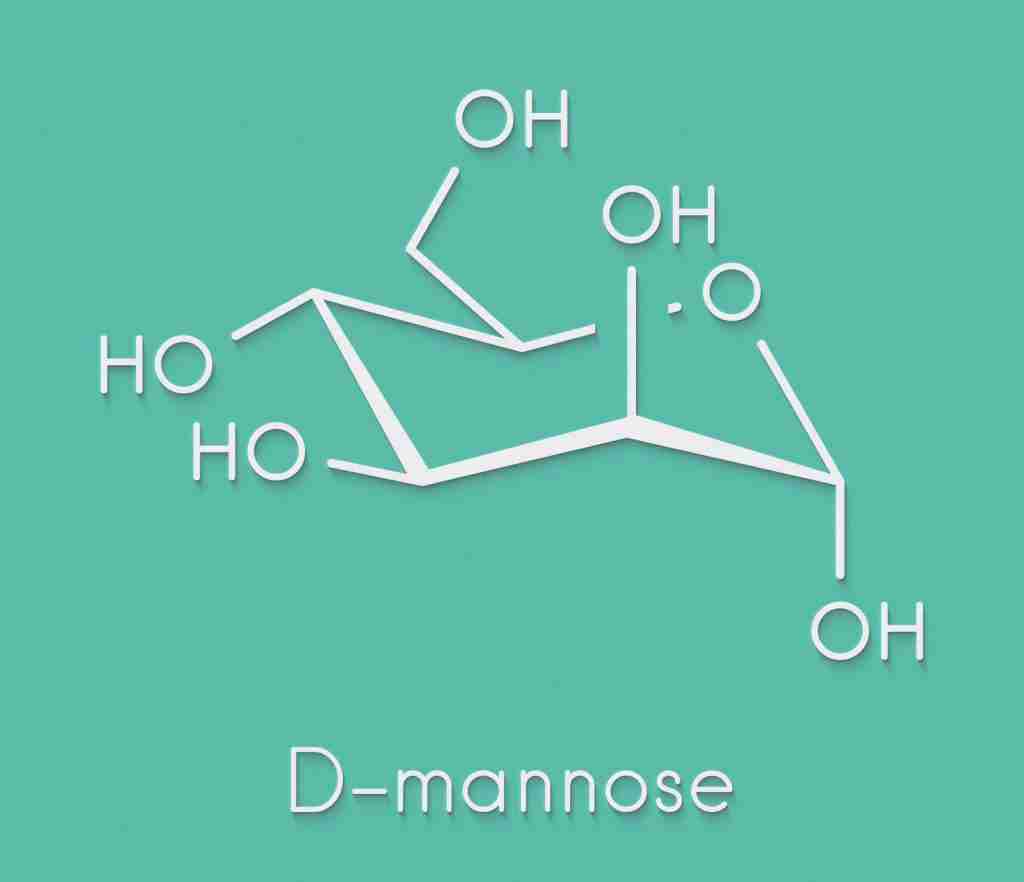Research finds mannose to be a safe and promising strategy to suppress inflammatory diseases, including autoimmune disease and allergic disease.
The innate immune system is evolutionarily ancient and biologically primitive.
Innate, or nonspecific, immunity is the defence system with which you were born. It protects you against all antigens. Innate immunity involves barriers that keep harmful materials from entering your body. These barriers form the first line of defence in the immune response.
Historically, it was first identified as an element of the immune system that provides the first-line response to pathogens and increasingly it is recognised for its central housekeeping role and its essential functions in tissue homeostasis, including coagulation and inflammation, among others. A pivotal link between the innate immune system and other functions is mannose-binding lectin (MBL), a pattern recognition molecule. Multiple studies have demonstrated that MBL deficiency increases susceptibility to infection.
Interestingly enough nearly all studies of sugar metabolism focus exclusively on glucose because of its central role in energy generation, storage and regulation. In medicine, glucose is also the focus because of diabetes and obesity. Other hexoses (mannose and galactose) receive relatively little attention in metabolic studies.
D-mannose or mannose is a natural supplement.
D-Mannose is a naturally occurring sugar manufactured from wood-based or other biomass hydrolysates.
We already consume it through many food sources. Mannose is also found in the secretions of trees and shrubs. It is present in tiny quantities in aloe vera, fenugreek, blackcurrants, gooseberries, green beans, green and red peppers, cabbage, eggplant, tomatoes, turnips, shiitake mushrooms and kelp, to name but a few.
D-mannose is an important sugar in terms of human health, having a symbiotic relationship with the human body. Mannose is found in most body cells and is known to facilitate myelin formation around nerve cells. It is also present in the cells that form the surface of the bladder wall.
What is the D in D-mannose? While a prefixed ‘D’ normally does indicate that the product is a sugar, and generally monosaccharides, the ‘D’ in D-mannose does not refer to ‘dextra’, meaning sugar. It actually refers to the orientation of the sugar molecule. (The ‘D’ prefix specifies the configuration at the carbon atom; ‘D’ indicates the hydroxyl is on the right side.)
Mannose: reduces the risk and recurrences of urinary tract infections (UTIs).
Urinary tract infections are one of the most prevalent bacterial diseases worldwide. Despite the efficacy of antibiotics targeted against UTI, the recurrence rates remain significant. Furthermore, the development of antibiotic resistance is a major concern and creates a demand for alternative treatment options. Research suggests that supplemented D-mannose is a promising alternative or complementary treatment, especially as a remedy for recurrent UTIs. When excreted in urine, D-mannose potentially inhibits Escherichia coli, the main causative organism of UTIs.
Mannose: A promising strategy to suppress inflammation
High glucose and fructose intake has been proven to display pro-inflammatory roles during the progression of inflammatory diseases. However, mannose has been shown to be a special type of hexose that has immune regulatory functions. It is posited that treatment with mannose can suppress inflammation by inducing regulatory T cells, suppressing effector T cells and inflammatory macrophages and increasing anti-inflammatory gut microbiome. In consideration of all the important findings, it has been confirmed that mannose treatment is a safe and promising treatment.
Mannose: May increase anti-inflammatory gut microbiome
Within the past decade, the gut microbiome has been proven to have critical functions in immune homeostasis and inflammation documented research showed that mannose treatment by drinking-water supplementation prevented weight gain, lowered adiposity, reduced liver steatosis and improved glucose tolerance during the induction of obesity in high-fat diet.
In a study Sugar consumption, metabolic disease and obesity: The state of the controversy by Kimber L Stanhope published Sept 2017 – it was cited that mannose, a special hexose, suppressed inflammation and that it was found to be
“a safe treatment, as long-term mannose ingestion was well tolerated and did not show any adverse effect in mice and humans.”
Although there is much more research to be done and a lot more knowledge to be gained, the great therapeutic promise of mannose treatment has been verified, disclosed and declared as safe in many separate studies referenced below.
References
https://www.frontiersin.org/articles/10.3389/fimmu.2021.756920/full
https://www.ncbi.nlm.nih.gov/pmc/articles/PMC4252654/
https://nutritionj.biomedcentral.com/articles/10.1186/s12937-022-00769-x
https://www.ncbi.nlm.nih.gov/pmc/articles/PMC4822166/

